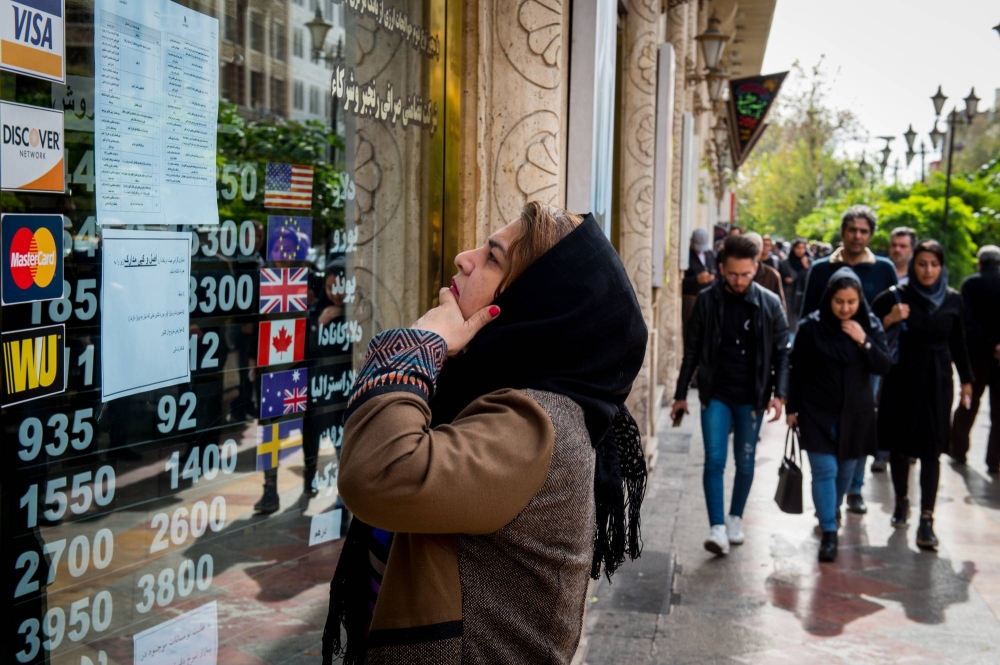
Inflation in Iran has surged to unprecedented levels, with consumer prices climbing sharply. Recent statistics indicate that the inflation rate has exceeded 50%, placing a significant burden on the average Iranian’s purchasing power. This economic strain is largely attributed to a combination of longstanding sanctions and internal economic mismanagement. The current administration’s challenge is to address these inflationary pressures while navigating a complex geopolitical landscape.
International sanctions, particularly those imposed by Western countries, have further exacerbated the economic difficulties faced by Iran. These sanctions, primarily targeting Iran’s oil exports and financial sector, have severely limited the country’s ability to engage in global trade. As a result, Iran's economic isolation has deepened, impacting its currency value and trade balance.
Raisi’s presidency comes at a critical juncture, with the new leader pledging to tackle these issues head-on. His administration has articulated a plan to stabilize the economy by focusing on increased domestic production and reducing reliance on imports. Raisi has also indicated a willingness to explore diplomatic avenues to ease sanctions, although progress in this area remains uncertain.
The economic challenges are compounded by political tensions within Iran. Protests and public dissatisfaction have been prominent, reflecting widespread frustration with the current economic situation. Raisi’s ability to address these internal pressures will be crucial for his administration’s stability.
Amid these challenges, Raisi's approach to foreign policy will also play a significant role. The new president has emphasized a shift towards strengthening relations with neighboring countries and exploring economic partnerships beyond traditional Western alliances. This strategy aims to mitigate the impact of sanctions by diversifying Iran’s economic engagements.
Economic experts and political analysts are closely monitoring Raisi’s policies and their potential effects. The success of his administration in managing inflation and navigating international relations will likely influence Iran's economic trajectory in the coming years. As Raisi begins his term, the focus remains on whether his strategies will be effective in reversing the current economic downturn and improving Iran’s global standing.
Topics
Politics
